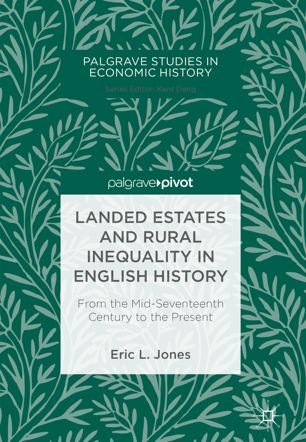

Most ebook files are in PDF format, so you can easily read them using various software such as Foxit Reader or directly on the Google Chrome browser.
Some ebook files are released by publishers in other formats such as .awz, .mobi, .epub, .fb2, etc. You may need to install specific software to read these formats on mobile/PC, such as Calibre.
Please read the tutorial at this link: https://ebookbell.com/faq
We offer FREE conversion to the popular formats you request; however, this may take some time. Therefore, right after payment, please email us, and we will try to provide the service as quickly as possible.
For some exceptional file formats or broken links (if any), please refrain from opening any disputes. Instead, email us first, and we will try to assist within a maximum of 6 hours.
EbookBell Team

4.0
26 reviewsBased on a detailed investigation of local sources, this book examines the history of the landed estate system in England since the mid-seventeenth century. Over recent centuries England was increasingly occupied by landed estates run by locally dominant and nationally influential owners. Historically, newcomers adopted the behaviour of existing landowners, all of whom presided over a relatively impoverished mass of rural inhabitants. Preferences for privacy and fine views led landowners to demolish or remove some whole villages. Alongside extensive landscape remodelling, rights-of-way were often privatised, imposing a cost on the economy.
Social and environmental implications of the landed system as a whole are discussed and particular attention is paid to the nineteenth-century investment of industrial profits in estates. Why was the system so attractive and how was it perpetuated? Matters of poverty and inequality have always been of perennial interest to scholars of many persuasions and to the educated public; with this important book surveying environmental concerns in addition.